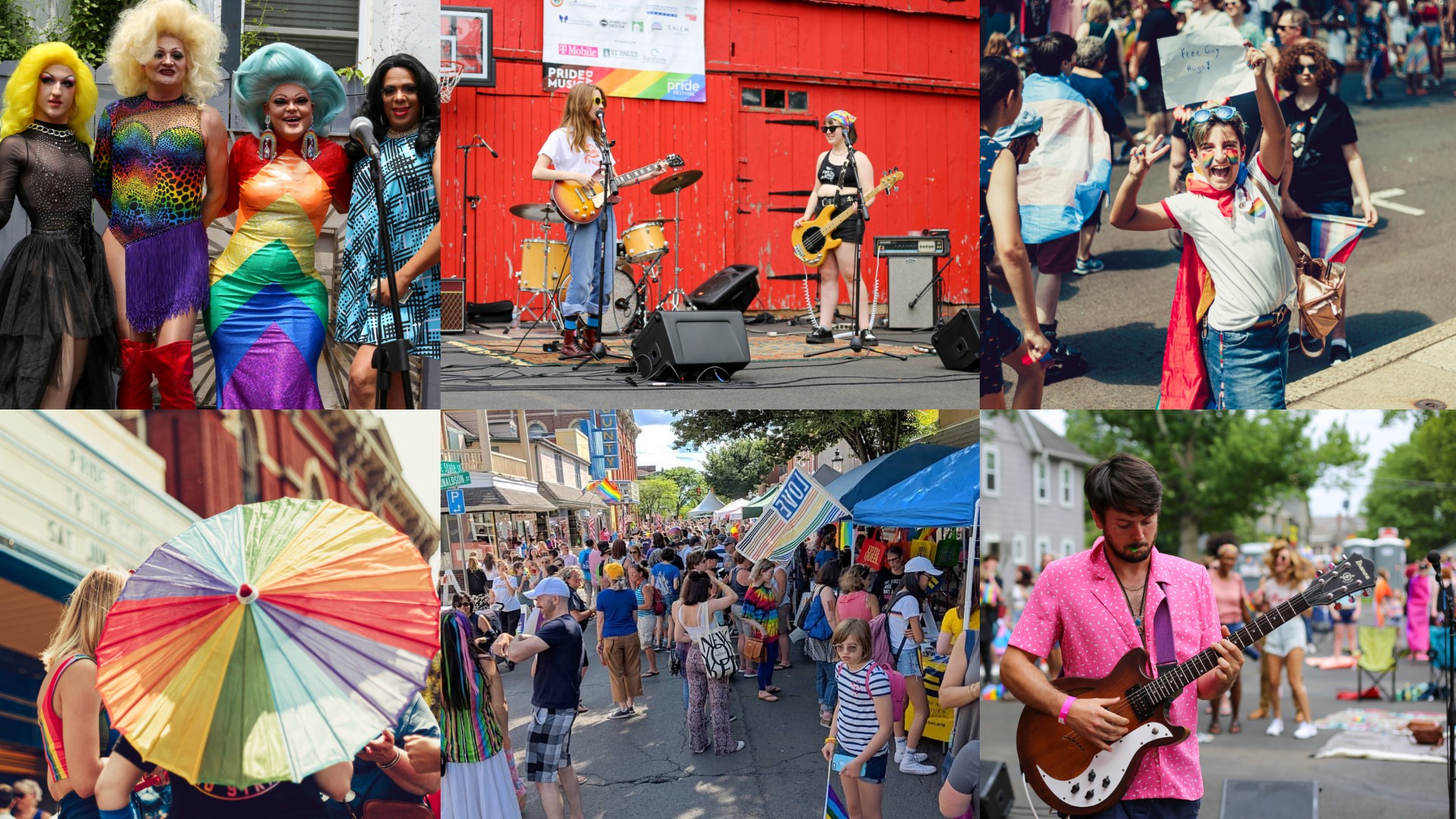
Adolescence is often when we start figuring out who we’re attracted to and how we want to express ourselves.
For young people who are lesbian, gay, bisexual, transgender (where their inner sense of gender identity is different from their biological sex), or questioning (LGBTQ) sharing this part of themselves with loved ones can be a stressful and uncertain time.
We know that LGBTQ young people are at significantly greater risk of anxiety, depression, and suicide. We also know that same-sex attracted and gender-diverse young people often face discrimination, rejection, social isolation or a lack of support – and that these two factors are closely linked. It’s important to recognize that LGBTQ young people don’t experience anxiety or depression because they’re LGBTQ, but because of discrimination, abuse (both verbal and physical), exclusion and prejudice.
Supporting your young person
We know that a supportive family can make all the difference for sexuality and gender diverse young people coming out, and beyond. Strong and embracing family relationships help to reassure a young person, provide them with avenues to get support and advice, and protect their mental health and wellbeing.
Just as young people discovering or affirming their identity are on a journey, family members are also working things through. It can be a bit of a process, and it’s ok to take your time.
Some families, or individuals within a family, may have more understanding and knowledge of LGBTQ people and communities than others. For some, it will be a steep learning curve as they begin to learn about LGBTQ people, culture and issues for the first time.

Add new comment